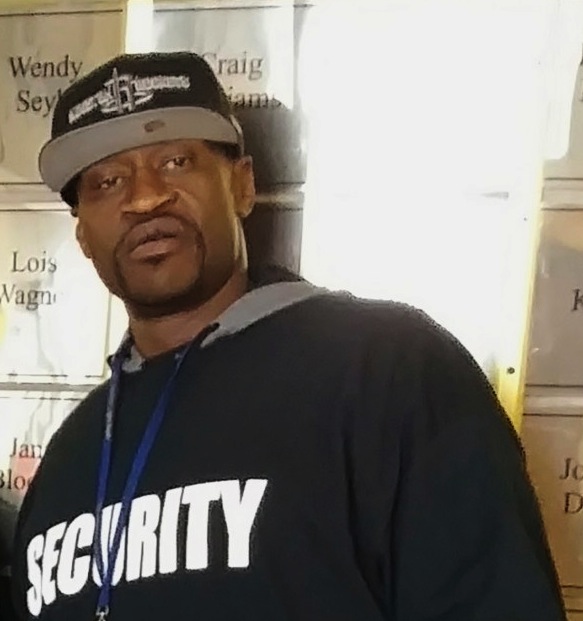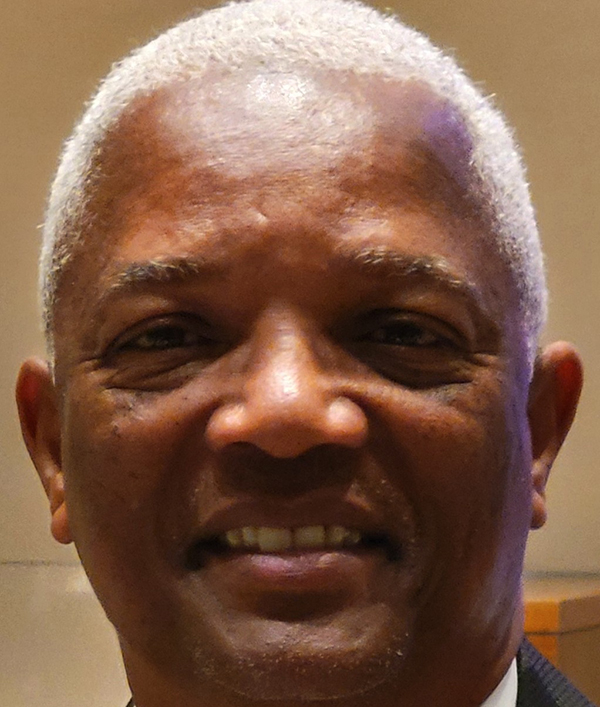By Earl Ofari Hutchinson
Contributing Columnist
Since the police murder of George Floyd in May 2020 in Minneapolis, here’s what has happened.
There have been countless marches and rallies to stop the police slaying of Blacks. The killings continue.
There have been countless calls for local and state prosecutions of cops who wantonly kill. The killings continue.
There have been countless press conferences, lawsuits and multimillion-dollar settlements. The killings continue.
There have been countless praise and support for the Black Lives Matter movement. The killings continue.
There have been countless calls to defund the police. The killings continue.
The 60-bullet slaying of Jayland Walker by police in Akron, Ohio, and, closer to home, the slaying of Rob Adams by sheriff’s deputies in San Bernardino both came with the usual claim that the officers thought both men had guns put the capper on the continued season of deadly gunplay by police against young Blacks under the most dubious circumstances.
It’s as if George Floyd never happened.
It’s certain that the tepid, spotty and mostly unfulfilled promises made by some police officials to implement reforms are not even a faint memory.
The one slight ray of hope was that Congress would pass, and President Joe Biden would sign, the George Floyd Police Reform Bill. The Democratic controlled House with not a single Republican House member in support passed the bill in March 2021.
Senate Minority Leader Mitch McConnell and the other 49 Republican senators flatly said no to it. The bill is for all practical purposes dead as a doornail in Congress.
The officers who wantonly use deadly force are placed on paid administrative leave. When confronted with the pro forma outcry and demands from civil rights and community leaders for an investigation, police officials make solemn promises to do that. They assure that their investigations will be thorough and impartial.
That’s the start of the problem. The police agencies that are on the hot seat for a dubious shooting or another act that results in the death of a civilian investigate themselves. There is almost never an independent, outside agency that will conduct a truly impartial investigation. The one agency that can do that is the U.S. Justice Department.
Despite the ongoing wave of highly questionable police shootings of mostly young Blacks and Latinos the Justice Department has done almost nothing to nail shoot-first cops. Periodic reports on police misconduct by Human Rights Watch, an international public watchdog group, found that federal prosecutors bring excessive force charges against police officers in less than 1% of the cases investigated by the FBI involving allegations of police abuse.
The group also found that there has been almost no increase in the skimpy number of police misconduct cases prosecuted by the Justice Department in the past decade.
Even in the rare cases where police officers are hauled into court for overuse of deadly force, it’s nearly impossible to get a conviction. Their defense lawyers are top guns, with lots of experience defending police officers accused of misconduct. Police unions bankroll their defense and spare no expense. Officers rarely serve any pre-trial jail time and are released on ridiculously low bail.
If the officers are tried by a jury, defense attorneys seek to get as many middle-class people on the jury as possible. The presumption is that they are much more likely to believe the testimony of police and prosecution witnesses than Black witnesses, defendants or even the victims.
Floyd’s killer, former Minneapolis cop Derek Chauvin and the officers who aided and abetted his murder, were the rare exceptions of cops who wantonly kill that are prosecuted and convicted. They are even rarer examples of cops that the feds charge with civil rights violations and win convictions. There’s no evidence since Floyd’s murder this has changed.
Why? There is no ironclad standard of what is or isn’t an acceptable use of force in police misconduct cases. It often comes down to a judgment call by the officer.
This pattern has been evident in a number of celebrated cases since the Rodney King case more than 30 years ago. Police claim that they feared for their lives in confronting civilians, and they use deadly force solely in self-defense. If brought to trial, judges and juries routinely buy this line and acquit.
The code of silence is another powerful obstacle to convicting bad cops. Officers hide behind it and refuse to testify against other officers, or tailor their testimony to put the officer’s action in the best possible light.
The U.S. Supreme Court ruling ruling in June that loosened the Miranda warning requirement sent yet another powerful signal to police. That is that the courts will always have their backs in even the most questionable cases of misconduct and violence. The roar of the right, a primordial Supreme Court, and a gun-happy America all add up to one continuing horror. There will be more dubious killings such as George Floyd, Jayland Walker and Rob Adams.
Earl Ofari Hutchinson is an author and political analyst. His forthcoming book is “The Midterms: Why They Are So Important and So Ignored” (Middle Passage Press). He is the host of the weekly Earl Ofari Hutchinson Show Saturdays at 9 a.m. on KPFK 90.7 FM Los Angeles and the Pacifica Network.










